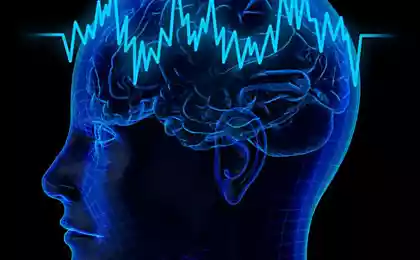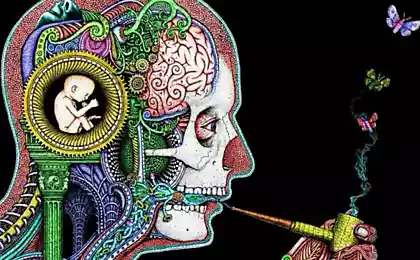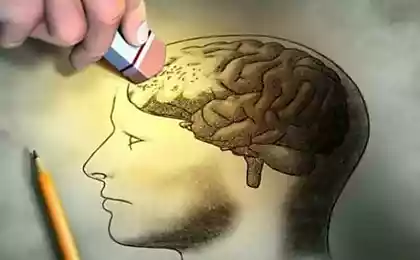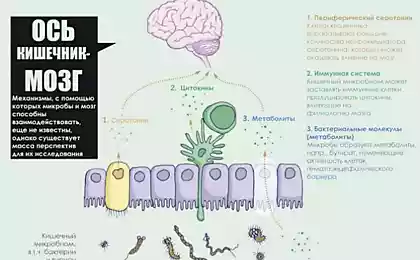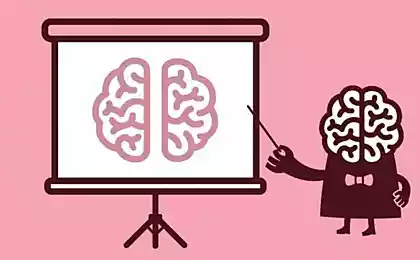575
Impact of gadgets on our brains

People overly passionate about contemporary media electronics, in some areas of the brain reduces the amount of gray matter.
It is difficult to imagine modern life without laptops, smartphones, tablets, but too carried away they should not be – researchers from the University of Sussex and University College London (UK) found that frequent use of such devices is accompanied by a decrease in the amount of gray matter in the brain.
The experiment involved 75 people who had to answer how much they depend on different media devices ranging from mobile phones and computers to the TV (in addition, the questionnaire also included the printed edition). The results of the survey combined with the results of the MRI of the brain, and found that those who most enjoys media electronics, less gray matter in one of the areas of the brain. This area is called the anterior cingulate cortex, involved in cognitive tasks and helps to control emotions. The results were published in PLoS ONE.
The fact that the brain can change under the influence of the environmental conditions, no longer news. Depending on what tasks it is necessary to carry the person, the neural chains are rearranged, the neurons form new branches and connections that can lead to quite large changes in the structure of the brain: one of the most famous examples is an enlarged hippocampus in London taxi drivers, who need to keep in mind a detailed city map. It is clear that the cerebral changes, the influence of the environment must be strong and stable, but all sorts of gadgets deliver such a strong and stable influence – now you can hardly find a man who would not know what a computer or mobile phone.

However, if the taxi drivers of gray matter came in the case of his gadgets, on the contrary, decreases. Is to blame here, obviously, not the gadgets, and rassosredotochennost attention which they contribute. People can simultaneously watch a movie on your tablet and about to say something in chat on a smartphone, and although it is a beautiful expression of "media multitasking, so multitasking reduces the ability to concentrate on one thing, increases distractibility and may even provoke emotional problems resulting to chronic anxiety and depression. Psychological research is conducted for a long time, and now, apparently, the results of these works have received the neurobiological evidence.
However, it should be noted that the authors only managed to find a correlation between fascination with gadgets and features of the structure of the brain. About a causal relationship here so far. Of course, the conclusion suggests itself that the device resulted in reconstruction of the gray matter, but it may be that people with some features of cingulate cortex are drawn to a variety of devices – in this case, exaggerated enthusiasm for media electronics will be a consequence. So the correct answer to the question "do the gadgets on our brain?" we get only after further research on this topic.






